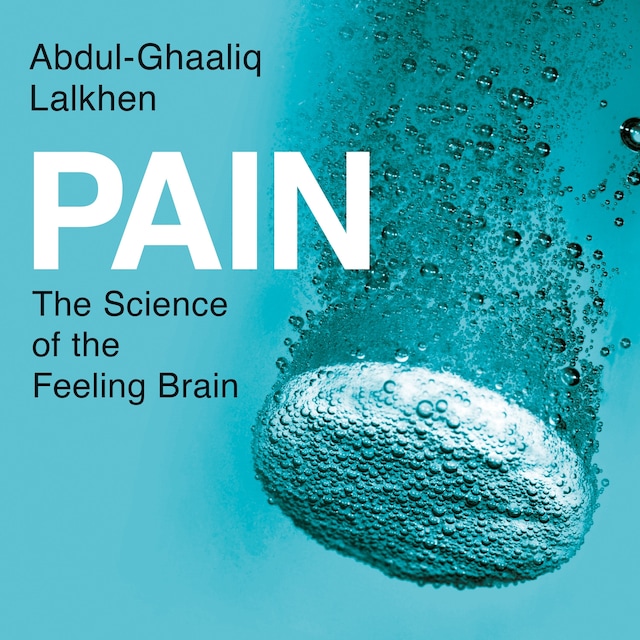
Pain
The Science of the Feeling Brain
Description of book
Pain is part of human existence but we understand very little of the mechanics of it. We damage ourselves, we feel pain, we seek help from a professional or learn to not do that bad thing again. The story of what goes on in our body is not this simple. Even medical practitioners themselves often fail to grasp the complexities of our minds and bodies and how they interact when dealing with pain stimulus. Throughout history we've tried to prevent it and mediate its affects, resulting in the current situation we find ourselves; highly medicated with a booming opiates industry.
Common conception still equates pain with tissue damage but that is only a very small part of the story. A woman who has just undergone a caesarean reports dramatically less pain and recovers quicker than a patient who has had kidney stones removed in a similarly damaging operation. The soldier who drags themselves to safety after being shot deals with pain in a remarkably different way to someone suffering a similar injury on a street. The truth is that pain is a complex mix of nerve endings, psychological state, social preconceptions and situational awareness.
Pain is the first book to explain the current issues and complexities surrounding the treatment of pain and how society deals with those in pain, to explain how our bodies relate to pain as well as explaining how we've come to our current relationship with pain (and why that is problematic) and what the future holds.
 Abdul-Ghaaliq Lalkhen
Abdul-Ghaaliq Lalkhen 271 Pages
271 Pages